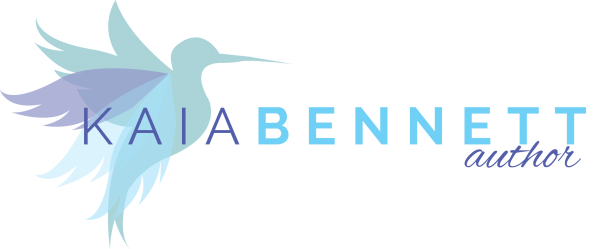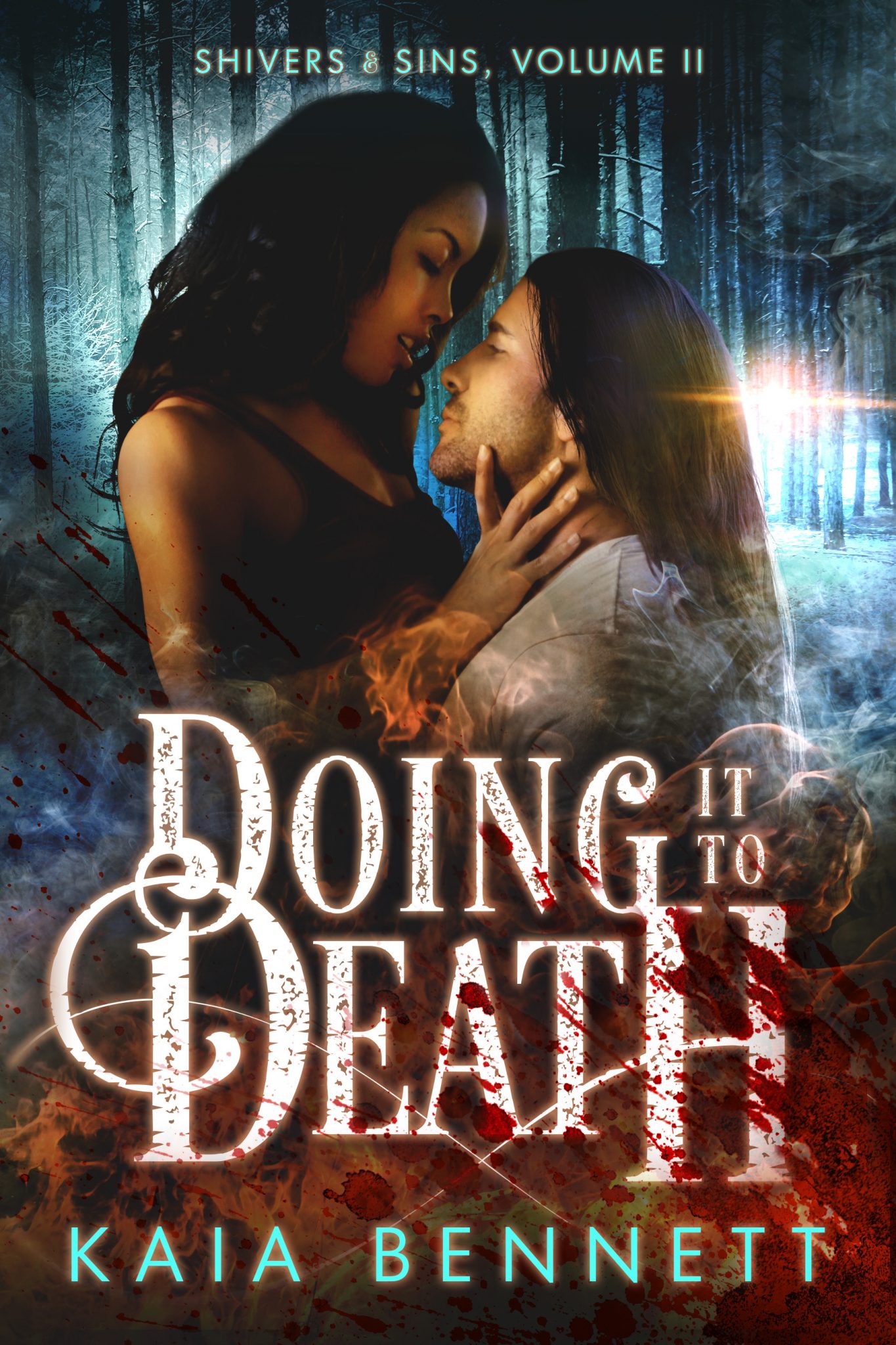Click here to read more at Alylonna.com
1. What does the term “Diverse Books” mean to you?
To me, “Diverse Books” means inclusion. It means that we are taking the time to explore the humanity in everyone the way it deserves to be explored. It means we’re not actively or passively telling people they can’t be the hero or heroine because they’re not white, straight, or the mainstream media’s idea of traditionally beautiful. Diversity is the natural state of the world, and it should be reflected in our art.
2. How do you think we should encourage more diversity in the literary world?
I think it starts with identifying whatever our comfort zones are as individuals, and actively reaching beyond them, even if it’s just one book a month. It starts with giving people a chance, especially if you want to write them off. So many in the current literary climate are voracious readers who have become pros at maximizing their time and budgets for the sake of reading new books. If we take that one step further and apply it to a book that takes place in a country we want to visit, or seek out an author writing about a culture or sexuality we’re curious about, we can open up a whole new world for ourselves. It’s safe to explore our differences through fiction, and being adventurous could really help turn a neglected story into a beloved one.
Marketing is such a big part of it this too. How many times have we as a society been brow-beaten into reading or seeing something because it was everywhere? Curiosity was piqued. We wanted to know what all the hype was about, and even if it sucked we could make an informed opinion about it. I think diverse books need the same treatment and the same leeway to fail. If you read a book with a heroine of another race and you don’t like it, you shouldn’t stop there, the same way you wouldn’t if you read a romance with a mainstream/white heroine that you didn’t like. Mainstream books aren’t just given the privilege of insistent marketing, they’re also allowed to fail, and when they succeed their praises are sung from the mountaintop all the way down to the marketplace.
And lastly, I think schools could stand to share stories that are diverse. What I saw a lot of when I was in school, was stories about minorities told through the eyes of a white protagonist. That isn’t wrong by itself, but it shouldn’t be the only peek into diversity. Minorities should be the storytellers too, and some of our stories should make it into the realms of the classic literature we study. More people should know that Alexandre Dumas was biracial for example, and that the Count of Monte Cristo, a bonafide classic, is the product of a diverse author.
3. Are there diverse character types you’d like to see more of in fiction?
I’d like to see more openly bisexual alpha males. It seems like a romantic hero can only be an “alpha male” if he’s dominating a woman or a man, but not both.
I’d like to see more indigenous heroes and heroines telling their stories.
I’d like to see more of the casual, accidental racist, rather than the flamingly unapologetic kind. I think it would be helpful to see the micro-aggressions that are present when encountering racism everyday, especially in a climate where people mistakenly think we are beyond racism. It’s easy to show the over the top “I don’t want that *insert racist slur* dating my son/daughter” trope. It’s not so easy to see the subtle thinking and actions people encounter in interracial relationships and a diversified world, like being used to working in an office with fewer minorities, or being scared of a person because of the way they’re dressed and the color of their skin. Like everything, one type of story isn’t better than other. It would just be nice to see variances in the approach so people could think on it.
I’d also like to see more anti-heroines. I’m not talking sympathetic villains and wounded femme fatales, which are great too. I’m talking about unreliable female narrators, women who are hurt and who hurt others, women who grow, but not into a kinder gentler soul by the end of the book. Women who relish their darker natures, their violence and sexuality. I want to see women like that helming a story every once in a while, and I’d like to see them embraced the same way Walter White or Dexter were.
4. What cultural influences do you have on your writing?
I’m an American black woman, so all my heroines to date have been black. They’ve been different shades and personalities, but all have had black parents like me so they’re not directly biracial. They have friends of different ethnicities, they are comfortable dating outside of their race and are attracted to a wide range of men. Most of them are from the north-eastern part of the country, because that’s where I’m from. They are close to their families, or have a strong sense of familial loyalty. But beyond the description of their skin color and perhaps one off hand remark here and there, there isn’t a lot of harping on the differences between the heroine and the hero as an impediment to romance.
At some point I will explore the implications of racism on an interracial couple, but for now my cultural influence is one of surrounding yourself with accepting, diverse people. Not color-blind people, because I think color-blindness negates our differences, and there’s nothing wrong with being different. But if I have a background character, they won’t by default be white or black. They might be Korean, or Indian, or biracial. And as I grow as a writer, there may be more exploration into cultural differences. For now though my work has been focused on the progression of the primary relationship, where race is incidental but still appreciated.
5. Please tell us some of your favourite diverse books and/or authors.
This is like making me choose my favorite child or something, lol.
Jacqueline Carey’s Kushiel’s Legacy series is for fantasy lovers. It’s kind of like a parallel universe history, and it explores different countries and ethnicities that are derived from our world. Kind of like George R.R. Martin does, only in this world most countries have no issues with alternative sexualities, sex is sacred, and people are descended from angels. It’s a beautiful work of art, and I hope it gets the same treatment as Game of Thrones. (Note from Rivka: Couldn’t agree more!! I LOVED this series! It’s one of my favourites!)
Octavia Butler’s work is amazing, especially Kindred and Lilith’s Brood.
If you like YA, Tanuja Desai Hidier’s Born Confused is a gem featuring an Indian-American girl straddling cultural lines as she goes from childhood to womanhood. So is Virginia Hamilton’s A White Romance, a bittersweet coming of age tale about a young black girl’s first love, first heartbreak, and first introduction to the beauty and confusion of race relations.
Rebekah Weatherspoon is an author who writes the full gamut in erotica/erotic romance. Varied ethnicities, sexualities, disabilities. Her Fit Trilogy is a prime example of that, all while exploring the different ways a couple can approach BDSM.
For erotica CJ Roberts (very dark erotica) chooses diverse heroines and takes her characters all over the globe. Sometimes for me diversity also means exploring dark themes with realism, and I think she does that well.
There are so many authors writing interracial/multicultural romance and erotic romance, that really you can dive right in and find the authors that speak to you. That’s what I’m doing. I’m still searching for new books, books outside of my comfort zone, and in the process I think it’s made me a better writer and human being.

